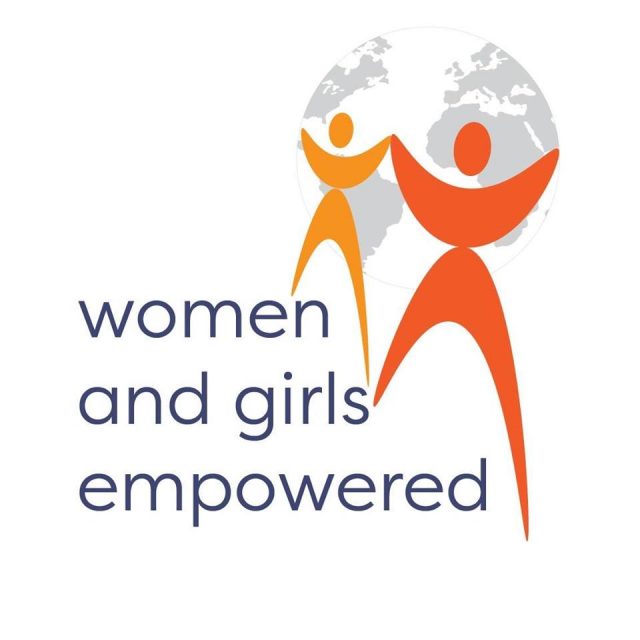This piece was first posted on the WAGE blog.
The American Bar Association Rule of Law Initiative (ABA ROLI)-led Women and Girls Empowered (WAGE) consortium, funded by the U.S. Department of State’s Secretary’s Office of Global Women’s Issues, is pleased to announce its new initiative “National Women’s Business Agendas for Central Asia.”

The two-year project, supporting business women in all five Central Asian economies, was announced by Secretary of State Antony J. Blinken in the C5+1 Ministerial with the Foreign Ministers of Kazakhstan, Kyrgyz Republic, Tajikistan, Turkmenistan, and Uzbekistan on April 23, 2021. Through the WAGE Central Asia project, CIPE, ABA ROLI, and Search for Common Ground will aim to build and support country-level and regional alliances of women’s organizations to improve the ability of Central Asian women to engage in economic activity.
Across Central Asia, women face systemic legislative, cultural, and societal barriers to reaching their full economic potential, which have been exacerbated by the COVID-19 pandemic. Women start businesses almost half as frequently as men, and women-run businesses tend to operate in traditional, low-revenue industries, such as retail and wholesale trade. Furthermore, women’s access to finance and property rights are limited. According to 2018 World Bank survey data, an average of 30 percent of women in the region have a bank account and only 25 percent of women saved any money in the previous year. Additionally, some Central Asian countries rank among the world’s highest in terms of prevalence rates of intimate partner violence.
While several Central Asian countries have signed and ratified international conventions promoting women’s rights or adopted national gender equality strategies, patriarchal norms, lack of political will, and weak enforcement of existing government policies still inhibit Central Asian women from fully and freely participating in the economy and society. Widespread gender-based violence (GBV), as well as social expectations around women’s roles and care responsibilities, create barriers to women’s professional development. Despite legislation on the prevention of GBV and domestic violence in Kazakhstan, the Kyrgyz Republic, Tajikistan, and Uzbekistan, cultural norms suggest instances of domestic violence be treated as a private family matter.
Such barriers and weak enforcement of the law discourage Central Asian women from formally reporting abuse. The COVID-19 pandemic and its economic consequences have exacerbated the challenges women face across Central Asia by threatening the existence of small-and-medium enterprises that tend to employ the most women, further limiting their opportunities and keeping them out of the workforce at a time when domestic violence has dramatically surged.
While there have been numerous initiatives in Central Asia focused on advancing women’s empowerment, the WAGE Central Asia project is unique in using an integrated approach to support women in business and to improve their ability to participate in the economy. While seeking to complement other ongoing initiatives in the region, this program will bring together a broad and diverse coalition of women’s civil society organizations and private-sector entities from five countries to examine and address social, policy, and other barriers to women’s equal participation in the economy, including GBV; advocate policy recommendations to national governments through public-private dialogue; and promote the message of women entrepreneurs’ essential role in the economy through public outreach campaigns.
Together with its women-led private sector and civil society partners, CIPE, ABA ROLI, and Search for Common Ground will seek to create an inclusive economic environment enabling Central Asian women to lead more resilient, independent, and economically sustainable lives.
*Disclaimer: The views and opinions expressed in this blog post do not necessarily reflect the views of the United States Government
Published Date: November 29, 2021